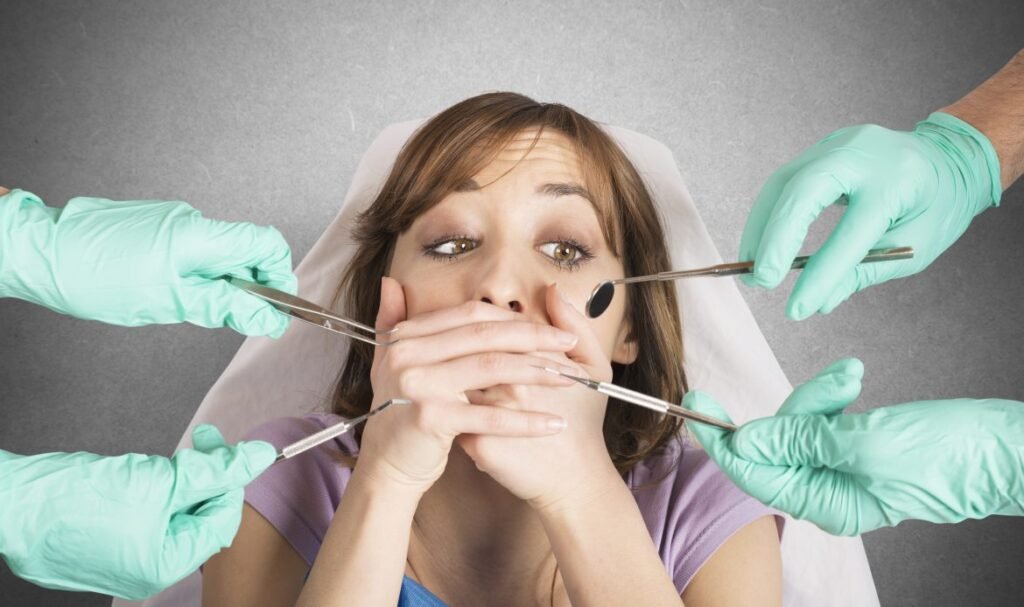How Does Depression Affect Oral Hygiene?
People suffering from depression often experience challenges that lead to neglecting personal hygiene, including oral care, due to:
- Lack of motivation – Depressed individuals may lack the will to perform basic self-care tasks such as brushing teeth.
- Fatigue – Constant tiredness and low energy make it harder to maintain regular routines.
- Social anxiety – Some may avoid dental visits out of embarrassment or fear.

Potential Consequences of Poor Oral Hygiene
Neglecting oral care due to depression can lead to:
- Tooth decay – Plaque build-up results in cavities.
- Gum disease – Inflammation can progress into severe periodontal issues.
- Bad breath – Bacterial growth can cause persistent mouth odor

- Tips for Managing Oral Care During Depression
- Start small – Brushing once a day is better than not brushing at all.
- Use helpful tools – Electric toothbrushes or mouthwash can make things easier.
- Seek support – Talking to friends, family, or a therapist may help.
- Stick to checkups – Regular dental visits are crucial for prevention and motivation.
- Conclusion
- Mental and oral health are closely interconnected. Understanding this link and taking small steps can help those with depression maintain better oral hygiene and improve overall well-being.
